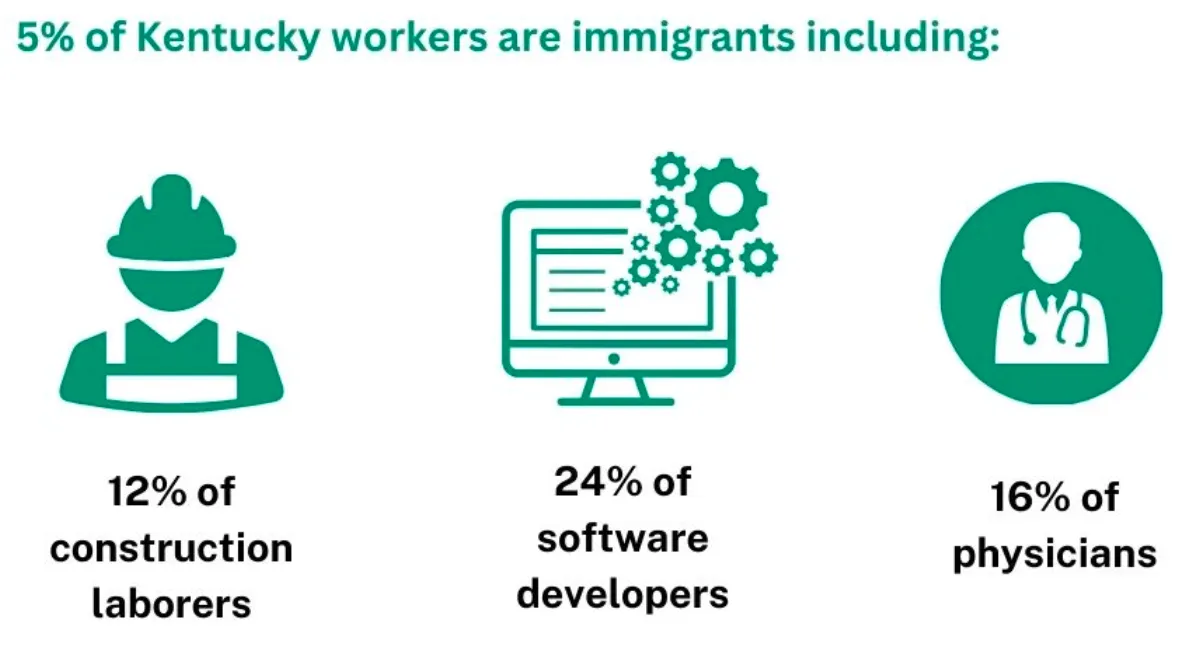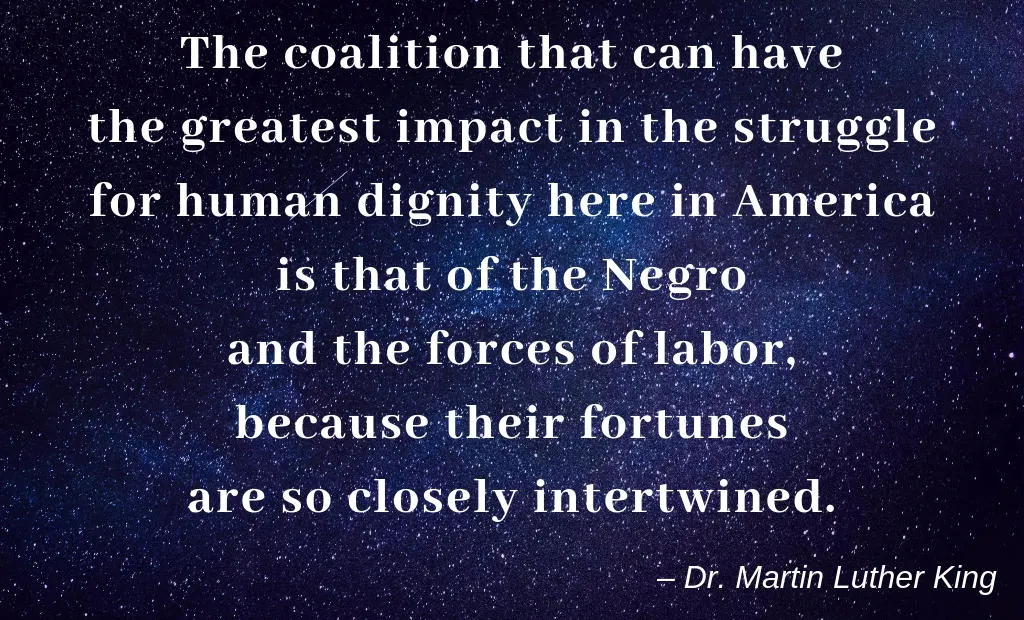Table of Contents
“Within 36 minutes of the newspaper’s open records request for 911 calls, video footage, accident reports, and other documents related to the [hot pursuit chase which ended in a crash that killed three bystanders,] the Shively Police Department said it would not provide any records to the Courier Journal ‘[a]s there is an active criminal case regarding this incident.’”
For the next four years Shively resisted disclosure of those records in a contentious legal battle. On September 26, Shively lost the battle, and law enforcement agencies across the Commonwealth lost the long war, against the public’s right to know.
In a “watershed” opinion, Shively Police Department v. Courier Journal, Inc., Kentucky’s Supreme Court rejected a decades-old misinterpretation of the “law enforcement” exception that “effectively erase[d] the ‘harm’ requirement ... and render[ed] a meaningful portion of the Open Records Act meaningless.” The Court restored the original intent of the “law enforcement” exception postulated on the notion that “[s]ecret police activity without some overriding justification is repugnant to the American system of government.”
The framer’s intent
As Kentucky’s Open Records Act was taking shape in the mid-seventies, lawmakers committed to striking the appropriate balance between the public’s interest in “free and open examination of public records” and law enforcement agencies’ interest in shielding from premature disclosure records in an “active criminal case” that might harm the investigation or subsequent prosecution.
Lawmakers hammered out a carefully worded “law enforcement” exception, KRS 61.878(1)(h), for records of law enforcement agencies that are compiled in the process of detecting and investigating statutory violations if disclosure of the records would harm the agency “by revealing the identity of informants not otherwise known or by premature release of information to be used in a prospective law enforcement action.”
“To invoke the law enforcement exemption,” the Kentucky Supreme Court observed in 2013’s City of Fort Thomas v. Cincinnati Enquirer, “the agency must show (1) that the records to be withheld were compiled for law enforcement purposes; (2) that a law enforcement action is prospective; and (3) that premature release of the records would harm the agency in some articulable way” – not hypothetical or speculative harm mind you, but “a concrete risk of harm to the agency.”
Law enforcement goes off course
Unwilling or unable to prove a concrete risk of harm to the agency from the release of records in an active criminal case – and emboldened by an approving Kentucky Attorney General – law enforcement agencies soon began to default to a separate statutory enactment, KRS 17.150(2), to justify nondisclosure of all records in “open” cases. In so doing, law enforcement agencies effectively “swallowed” the “harm” requirement expressly included in the law enforcement exception to the Open Records Act but excluded in KRS 17.150(2).
For law enforcement agencies that relied on KRS 17.150(2) as the basis for wholesale nondisclosure, the faulty legal analysis went, a showing of harm was not required if the criminal case was open. It was assumed.
Over the decades — and in multiple Kentucky Attorney General’s open records decisions — this flawed argument prevailed.
An overdue course correction
Proponents of open government therefore hailed the Kentucky Supreme Court’s rejection of this erroneous interpretation of the Open Records Act in Shively Police Department v. Courier Journal, Inc.
The Court reasoned:
“Despite the many years’ worth of Attorney General opinions interpreting KRS 17.150(2) to allow the categorical nondisclosure of certain law enforcement records before a related prosecution has concluded, this Court interprets the statute to have no bearing on whether public records can be disclosed before a criminal prosecution is completed or a determination not to prosecute has been made. Instead, we interpret KRS 17.150(2) to govern only the mandatory disclosure of ‘intelligence and investigative reports’ after the related criminal prosecution has been completed or a determination not to prosecute has been made.”
In other words, KRS 17.150(2) is not a nondisclosure statute authorizing blanket nondisclosure of public records during the pendency of the investigation and prosecution; it is a mandatory disclosure statute that is triggered at the conclusion of prosecution.
The inevitable recoil
Critics will no doubt argue that the Court’s opinion is unreasonable, impracticable, unsustainable, and likely to thwart law enforcement by requiring indiscriminate disclosure of investigative files.
Not true.
Shively Police Department v. Courier Journal, Inc. simply restores the appropriate balance, established by the framers of the Open Records Act in the original “law enforcement” exception, between the compelling interest in preserving the confidentiality of records if disclosure will harm effective law enforcement, on the one hand, and the public’s equally compelling interest in monitoring police activities and ensuring the police are properly enforcing the laws of the state, on the other.
Law enforcement agencies can, and will, continue to lawfully withhold records in open criminal cases, but only when they “articulate some factual basis for applying the exemption that bears on the record’s content” – or when they meet their burden of proof in invoking a separate open records exception to deny access. The burden of proving harm is at long last returned to the agencies – where it was originally assigned.
A usually reserved Michael Abate — who ably represented the Courier Journal in the four year legal battle — tweeted, “This one is a B*D (as they say) in the government transparency world. No more blanket denials for ‘pending investigations.’”
The Kentucky Open Government Coalition concurs with Abate in this frank assessment, and celebrates the result.
--30--








